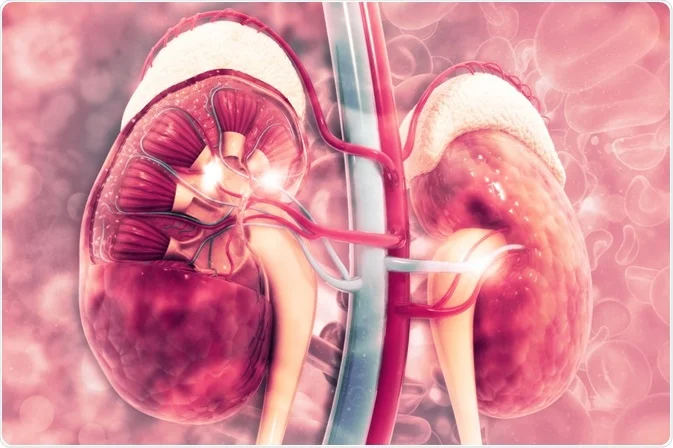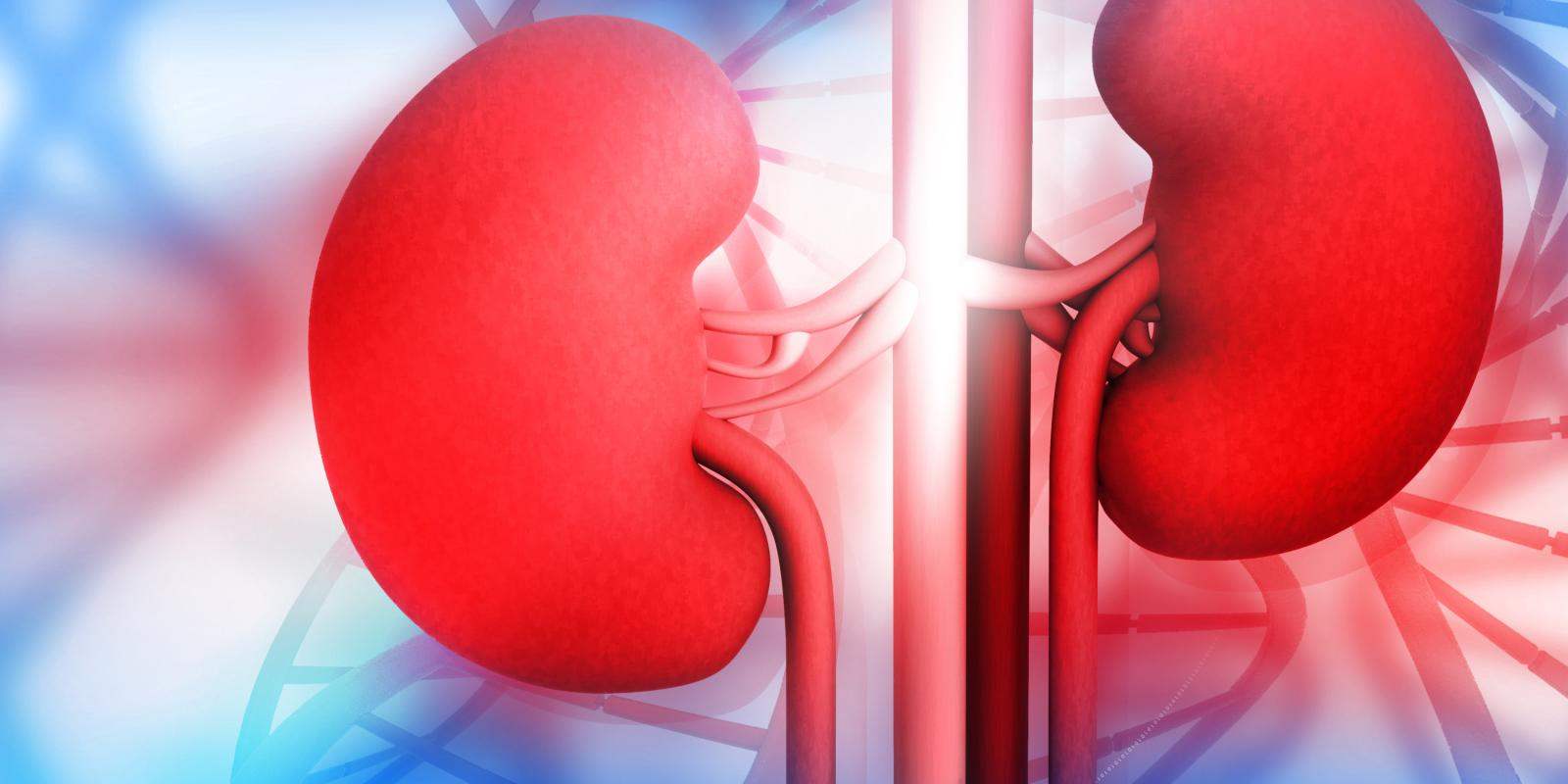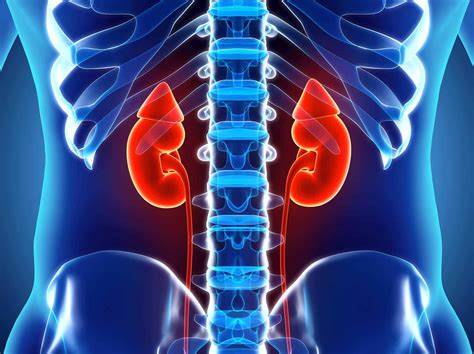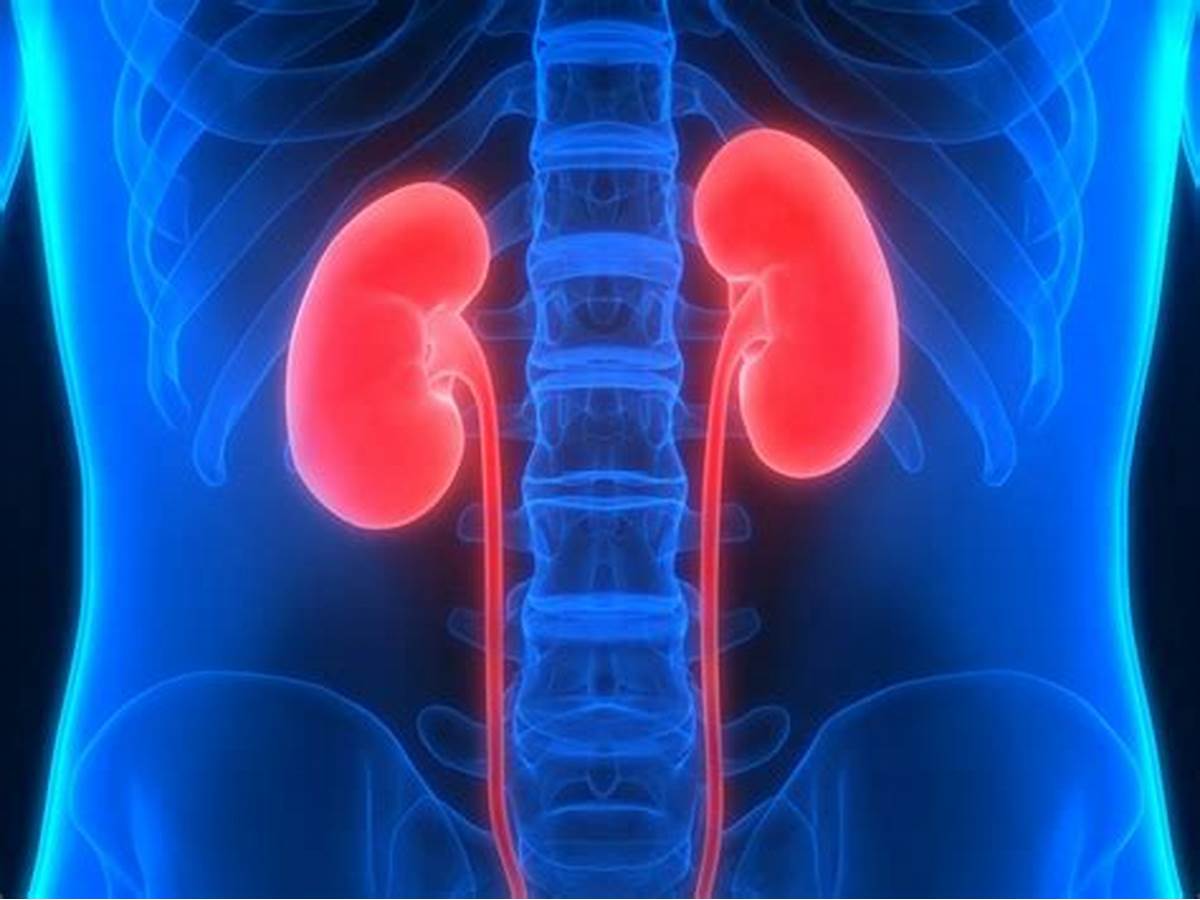Chronic Kidney Disease
Chronic kidney disease is a dangerous disease as it may lead to the failure of many other body functions that are directly or indirectly related to our kidneys. In Chronic Kidney Disease, a person’s kidney is damaged and can’t do the basic functions of filtering all sorts of fluids in our body, and urine production is also ceased. CKD also hampers the kidneys from maintaining the minerals like potassium, sodium, calcium, etc., the flow in our veins within the blood.
Functions like the production of hormones that control blood pressure, manufacturing of red blood cells, and even strength of our bones are compromised due to chronic kidney disease. Kidney diseases tend to show severe symptoms, usually in the later stages, in which major damage has been caused already. The only options viable to maintain health and life if the kidney fails are dialysis or getting a kidney transplant.


Stages Of Chronic Kidney Disease (CKD)
The experts and nephrologists have come up with the division of the various stages according to the level of filtration the kidney is still doing into five major stages in the order of the severity of the disease. All the stages are based and categorized according to the glomerular filtration rate or commonly known in medical terms as GFR.
The GFR of the body is affected by various factors apart from the serum creatinine levels, like the body size, sex, age, and even ethnicity of the person being tested.
Stage 1 CKD: when the eGFR is 90 or Greater
Stage 2 CKD: when eGFR is Between 60 and 89
Stage 3 CKD: when eGFR is Between 30 and 59
Stage 4 CKD: when eGFR is Between 15 and 29
Stage 5 CKD: when eGFR is Less than 15
Below we have mentioned some of the ways and precautions one must take if they are diagnosed with CKD stage:
- Eat a healthy diet – it helps the overall body to function and nourish rightfully as required.
- Check your diabetes- keeping a check on diabetes can also help you in CKD.
- Maintaining blood pressure – is another important indirect function that can help the kidneys.
- Stop smoking- inhaling smoke will only worsen your situation.
- Be active and maintain weight- the body is strengthened, and stamina helps the kidney recover if possible.
- Refer to a nephrologist- an expert is always the right person to go to than a general physician they can prescribe you the correct medicines and help you reduce symptoms.
Cause Of Chronic Kidney Disease
There can be several conditions and diseases that can lead to chronic kidney disease, which includes:
- Diabetes (type 1 or type 2)
- High blood pressure
- History of Polycystic kidney disease
- Glomerulonephritis (the cells of the kidney swell in this condition)
- Interstitial nephritis (inflammation of kidney’s surrounding structure)
- Diseases and conditions that cause chronic kidney disease include:
- Extended urinary tract obstruction is caused by conditions like kidney stones, enlarged prostate, and even some cancers.
- Vesicoureteral reflux (urine backs up into the kidneys)
- Pyelonephritis, a kidney infection
It is only in the later stages that one starts showing symptoms of CKD. Some of those symptoms are:
- Skin drying
- Numbness and /or itching
- Fatigue
- Headaches
- Chest pain
- Urination change
- Lost hunger
- Muscle cramps
- Feeling of nausea and vomiting
- Breathing issue
- Sleeping issue
- Concentration issues
- Weight loss


Treatment OF CKD
The treatment for any kind of kidney disease can start based on the hidden cause. But one must keep that in mind that chronic kidney disease often doesn’t have a cure. Treatment is done only to control its signs and symptoms, reduce complications of any type, and slow down the advancement of the disease. Since CKD doesn’t show any symptoms until later, one might need to be prepared for end-stage CKD. Controlling high blood pressure and diabetes is one of the measures taken to reduce the advancements of the disease.
Treatment of complications
Even though CKD might not be cured, complications can be treated to make the patientcomfortable. These Treatments may include:
- High blood pressure medicines: kidney disease may further worsen high blood pressure conditions, and the nephrologist may prescribe you medications for controlling that. The medicines like ACE help in high blood pressure and curbing the level of damage for a longer period. Medicines for High blood pressure can decline kidney function and change electrolyte levels at first, and so it’s recommended by nephrologists to take a water pill and a low sodium salt diet.
- Medications for lowering cholesterol levels. The nephrologist may recommend medications to lower your cholesterol, commonly called statins. People diagnosed with chronic kidney disease often have high levels of bad cholesterol. Which indirectly affects the heart’s functioning.
- Medications to treat anemia. Many times, the nephrologist may recommend medication and supplements of the hormone erythropoietin along with iron. Erythropoietin helps the body to produce more Red Blood Cells that are the basic cause of anemia.
- Medications to reduce swelling. Retention of the fluid is a common condition for people who have CKD. This generally leads to swelling in the legs, ankles especially. Diuretics are prescribed that can help maintain the balance of fluids in your body.
- Medications to protect your bones. Since bone weakening is one of the early symptoms, calcium and Vit D supplements can also help control that condition and reduce the risk of fracture or strain.
- Lower protein nourishment to curtail waste harvests in your blood. To cut the amount of work your kidneys have to do, your medic may recommend a lesser protein intake.
- Regular tests: it is best to have your test done as recommended by the nephrologist regularly to see the progress done in the betterment or worsened conditions of the kidney.


Treatment for End-Stage Kidney Disease
Usually, people find out about their CKD in the end-stage or the second last stage. Till then, most of the damage is irreversible damage. If the kidneys can’t filter the waste and fluid on their own and develop complete or near-complete kidney failure, you have end-stage kidney disease. At this catastrophic point, you need either dialysis or a kidney transplant immediately.
